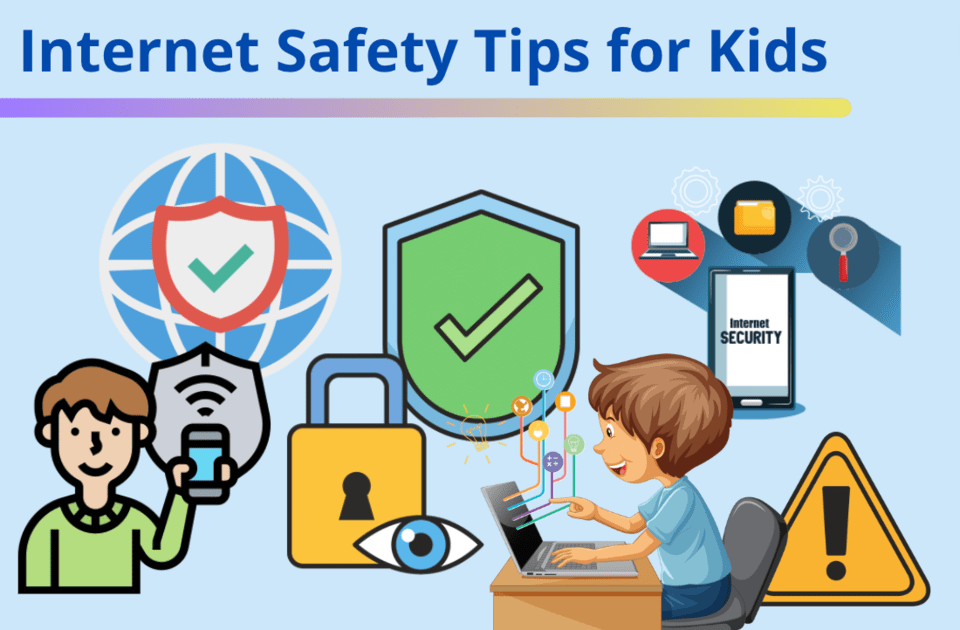In an increasingly digital world, ensuring the safety of children online has become a pressing concern for parents, educators, and policymakers alike.
In an increasingly digital world, ensuring the safety of children online has become a pressing concern for parents, educators, and policymakers alike. A recent global survey conducted by the charity Save the Children and the Young & Resilient Research Centre at Western Sydney University sheds light on the urgent need for greater protection measures in the digital realm. With Safer Internet Day drawing attention to this critical issue, voices from across the globe are calling for action to create a safer online environment for children.
The survey, which encompassed nearly 600 children aged 9 to 16 across several countries including Australia, Cambodia, Finland, the Philippines, Kenya, South Africa, and Colombia, revealed startling insights into children’s online experiences.
Despite the proliferation of social media platforms and messaging apps, children continue to navigate the digital landscape with limited safeguards in place. Shockingly, the study found that children are three times more likely to ignore or decline inappropriate requests online than to report or block them.
One poignant testimony came from Sophie, a 12-year-old from Australia, who emphasized the need for stringent age verification measures on websites. Her sentiments echo the growing chorus of children advocating for greater online safety measures. Similarly, Baraka, a 15-year-old from Kenya, highlighted the crucial role of governments in regulating tech companies and raising awareness about online risks among young users.
Steve Miller, Save the Children’s Global Director of Child Protection, underscored the evolving nature of online threats, emphasizing that children are more frequently subjected to abuse or exploitation by individuals they know. With the boundaries between school and home blurring in the digital age, the need for comprehensive protection measures has never been more apparent.
While recent congressional hearings in the United States have brought attention to the issue of online child safety, there remains a stark disconnect between rhetoric and action. Titania Jordan, Chief Marketing Officer and Chief Parenting Officer at Bark Technologies, criticized tech companies’ tepid response to the crisis, labeling their efforts as “smoke and mirrors.” She emphasized the necessity of legislative reform to hold companies accountable for the harms inflicted on children in cyberspace.
In Europe, the Digital Services Act represents a step towards greater accountability, imposing penalties on tech companies that fail to remove illegal content. Similarly, legislative initiatives in the United States aim to compel social media platforms to take responsibility for the content shared on their platforms. However, challenges persist, with some companies displaying reluctance to cooperate with regulatory authorities.
Amidst calls for legislative reform, parents play a pivotal role in safeguarding their children’s online experiences. Jordan advocates for open communication between parents and children, coupled with the implementation of filters, time limits, and parental controls. Additionally, she underscores the importance of delaying access to smartphones and social media platforms, urging parents to remain vigilant in monitoring their children’s digital activities.
As the digital landscape continues to evolve, protecting children online requires a multifaceted approach involving collaboration between governments, tech companies, and parents.
Safer Internet Day serves as a poignant reminder of the collective responsibility to create a safer and more inclusive online environment for children worldwide. By prioritizing children’s safety and well-being, we can ensure that the digital world remains a place of opportunity and growth for future generations
